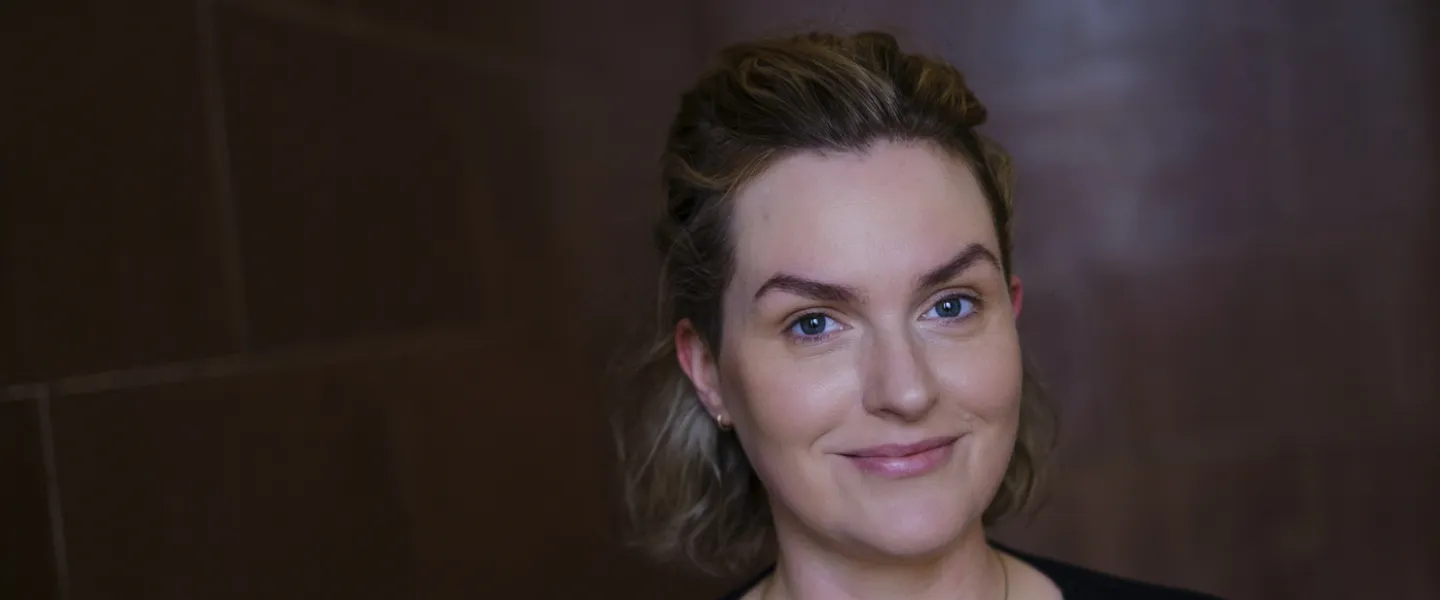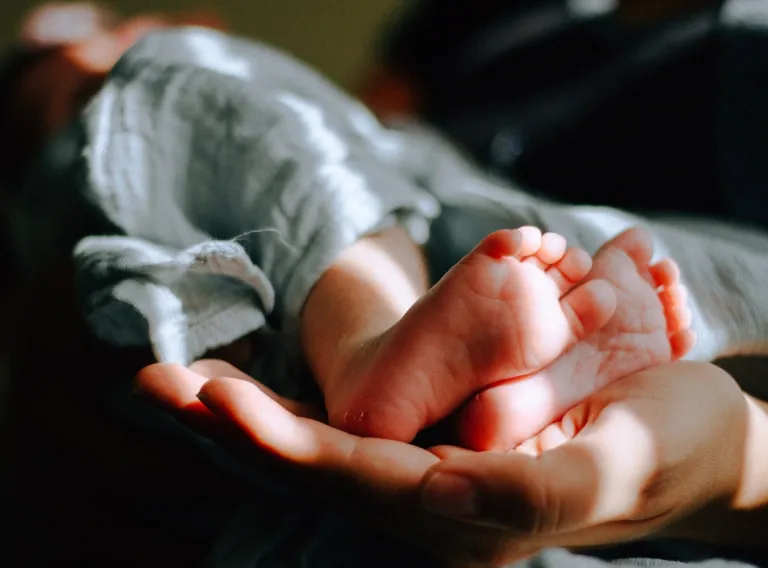
"The research is called "The hidden knowledge of women postpartum" („Hulin þekking kvenna í kjölfar barnsburðar“) and the point is to shed light on the period in women's lives after giving birth, and the impact it has on forming their sense of self," says Elín Ásbjarnardóttir Strandberg on a study she conducted recently. The study was funded by The Icelandic Centre for Research Student Innovation Fund. The innovative project is based on her studies at the University of Iceland. The research has already had considerable societal impact.
Elín studied academic literature on this period and conducted in-depth interviews, using micro-phenomenological methodology, with twenty women on their experience of pregnancy, birth and the postpartum period.
"The Latin term postpartum means "after being separated" I find this term describes this period accurately, and better than the traditional Icelandic expression "sængurlega", which literally means lying in bed, and only refers to the first six weeks after childbirth. " The interviews revealed that it took most women a year or two to process the experience of giving birth and having a child in their lives, and to experience themselves as individuals again.
Lack of philosophical research
Elín says that when she wrote her BA thesis in philosophy, she and her supervisor, Sigríður Þorgeirsdóttir, professor of philosophy at the University of Iceland, discovered that philosophical research for women's postpartum period is lacking. There is some writing according to her on pregnancy and birth, but it seems that the period after birth, a transformative period in a person's life, has not been much studied.
"An important element of philosophy is tackling questions on human understanding and the sense of self. I believe that there are few things in life that change a person and her sense of self as much as carrying and giving birth to a child. The postpartum period is very trying for the self's capacity of extension and the individual's connection with her own self. The pregnant woman has intentionally grown another self within her body. After birth the child is entirely dependent on the woman, and she senses that she is in turn in a way also dependent on the child. Where the child begins and the mother ends becomes unclear and the mother can continue to feel as if the child is still a part of her body and sense of self after delivery. Research of this kind is an effort to paint a diverse picture of the human being as a social creature - a being whose sense of self and reality is rooted in connections with others - however the dominant philosophical understanding of the human being has until now mostly been one-sided and individualist, as philosophy has been a very male dominant field of study," says Elín.
Important to break the silence
When asked about the spark behind the project she answers that the silence about this period had been screaming "and part of this silence is on the one hand the myth of being on cloud nine after giving birth, and on the other hand the discussion revolves largely around postpartum depression; which is a little paradoxical. My interest is on the place between rock bottom and cloud nine."



